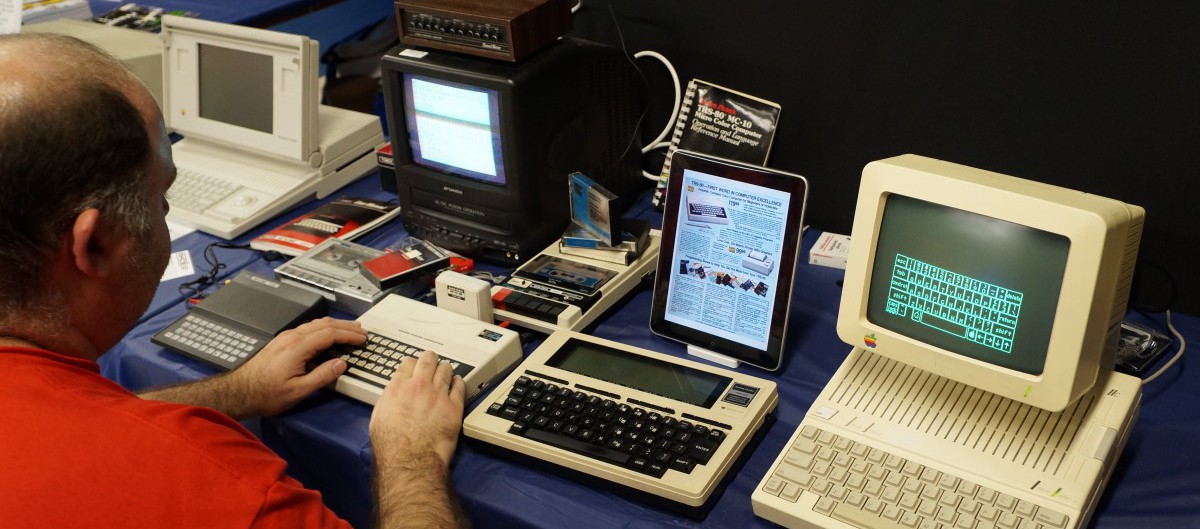Download the assignment sheet for Project 2 here: ellis-jason-eng2720-project02, or read below.
ENG2720 Writing with New Media Project 2: Podcast
Dr. Jason W. Ellis
Now that you have completed Project 1, the foundational “think piece” online essay assignment, you will begin a series of transformations of that work, combined with additional research, revision, etc., into other media. The transformation of your think piece online essay into other media is meant to help you see how these different forms of new media relate to one another. Considering this as a question: how do their affordances and constraints enable possibilities for creating engaging, informative, and effective new media compositions?
In Project 2, you will create a single podcast episode based on your research and writing in Project 1. A podcast (a portmanteau of “iPod” and “broadcast”) is an episodic and Internet- distributed audio media form. One way of thinking of podcasts is that they are a democratized, talk radio platform. This single podcast will serve as a “pilot” or first episode created “on spec,” or in the hope that it will be produced further but without a guarantee. This means that you will need to do several things on this project: 1) Conceptualize your podcast series and write a 250 prospectus describing your concept, 2) Create a recording of you speaking your think piece essay and compare with some of the podcasts we listen to in class, 3) Create a script based on your Project 1 outline and Project 1 essay, 4) Record and edit your podcast to incorporate an intro, bridges, outro, and your spoken content, 5) Export your podcast as an MP3, and finally, 6) host your MP3 on OpenLab and memorialize your process and the relationship of your podcast to your think piece in a memo of at least 250 words.
- Planning: We will listen to some example podcasts during class, and you may listen to others on your own for ideas. Think of two possible podcast series for your project’s podcast pilot episode. Write a memo of at least 250 words that contains both series pitches and a paragraph explaining which of the two you have selected to pursue and why you selected it. Each podcast series pitch should include a title, a focus or theme description, and target audience description. As with our previous project, considering two possibilities gives you more options and helps you work through complications that might arise during production of your podcast. (due before class on Feb. 23)
- Details: Use your think piece essay as a starting point. Using your smartphone or another means of recording your voice, read your think piece out loud and record it. Save it and bring your recording to class. We will listen to these together and discuss how to shape them into a podcast script. Consider: How long did it take you to read out loud? What should be added? What should be left out? Where should you pause to help your audience consider what you have to say? (bring recordings to class on Feb. 23 for in-class exercise)
- Structure: Create a new document and copy-and-paste your think piece into it. During class, we will work together to turn your essay into a podcast script. Key components to add: an introduction for yourself, your podcast series, and your podcast episode; pauses and bridges; and an outro to close your podcast episode. All references need to be incorporated into what you say. Background or bridge music is encouraged, but not required due to the limitations of time. If you choose to use music, it must be music that you own or have the rights to (such as OpenMusic, https://musopen.org, Free Music Archive, http://freemusicarchive.org, or Creative Commons Search, https://search.creativecommons.org but note license terms, https://creativecommons.org/licenses/ and issues of fair use, http://fairuse.stanford.edu). (in-class on Feb. 25)
- Execution: Before this class, you should have recorded your voice and selected any music that you want and can include in your podcast episode. Bring these materials to class on a flash drive or on another device, such as your phone, table, or personal laptop. We will use this class to assemble your podcast into a final version, which can be exported as an MP3 file. In addition to having the software on your flash drives and workstations to work with, I will bring my laptop to class. The goal will be to help everyone finalize his or her podcast episode and enable you each to learn how to do this kind of composition work. Should you come to class with a finalized MP3, you may move ahead to the final step of archiving your work. (come to class prepared with audio recordings to work on in- class on Mar. 1)
- Archiving: Create a blog post on our OpenLab site with a catchy and engaging title for your podcast followed by your byline. In the body of your post, write a very brief description of your podcast and your podcast’s pilot episode (no more than 100 words). Upload your podcast to OpenLab and provide a link to it. Follow those things by a horizontal line and a 250 word reflection on your process of composition, the audiences you created your podcast for, how the medium of a podcast shaped the way you (re)told your think piece essay, or more specifically, how did the podcast change the way you composed your new media think piece. Publish your blog post to complete the assignment. (due before class on Mar. 3)



